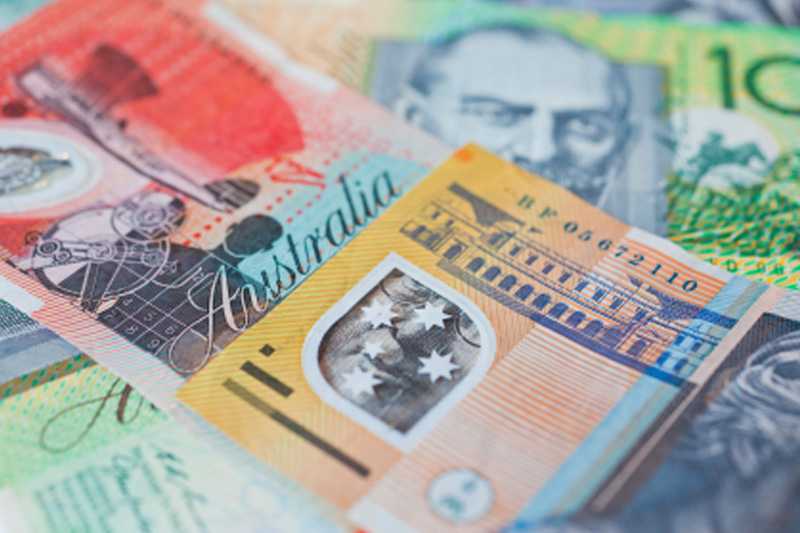The currency pair has been climbing for the second consecutive day, reaching a nearly two-week high during Friday’s Asian trading session. The pair’s increase is largely attributed to optimism over additional stimulus from China and positive Chinese economic data.
China’s National Bureau of Statistics (NBS) reported that the country’s August retail sales grew by 4.6% YoY, surpassing expectations of 3.0% and a previous growth of 2.5%. Furthermore, China’s industrial production exceeded estimates as well, increasing by a 4.5% YoY rate in August compared to July’s 3.7% rise. These encouraging figures, coupled with more stimulus measures from China, have fostered an upbeat market sentiment that undermines the safe-haven US dollar (USD) and supports the risk-sensitive Australian dollar (AUD).
In fact, the People’s Bank of China (PBoC) has decreased its Reserve Requirement Ratio for much of the banking system by 25 basis points – marking its second such move this year. This action is anticipated to release more liquidity and potentially boost growth in the world’s second-largest economy.
However, any significant USD corrective decline from over a six-month high reached on Thursday appears limited due to growing consensus that the Federal Reserve (Fed) will maintain its hawkish stance. This perception might deter investors from placing aggressive bets on the AUD/USD pair.
Market participants are convinced that the US central bank will keep interest rates higher for longer and have priced in one more 25 bps increase by the end of this year. This expectation was reinforced by Thursday’s robust US macro data which, along with persistent inflation, should permit the Fed to sustain higher rates for an extended period. This narrative supports elevated US Treasury bond yields and favors USD bulls, further suggesting a cautious approach before confirming that the AUD/USD pair has formed a near-term bottom.
This article was generated with the support of AI and reviewed by an editor. For more information see our T&C.
Read the full article here




